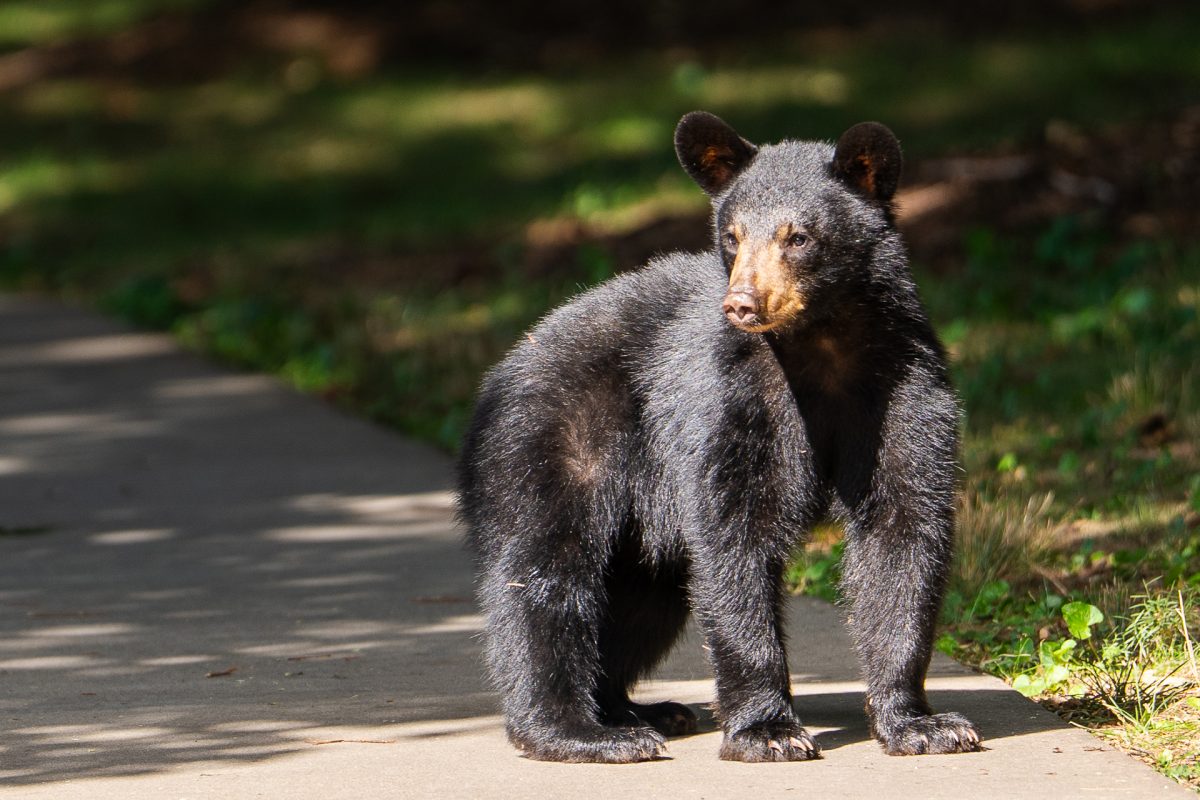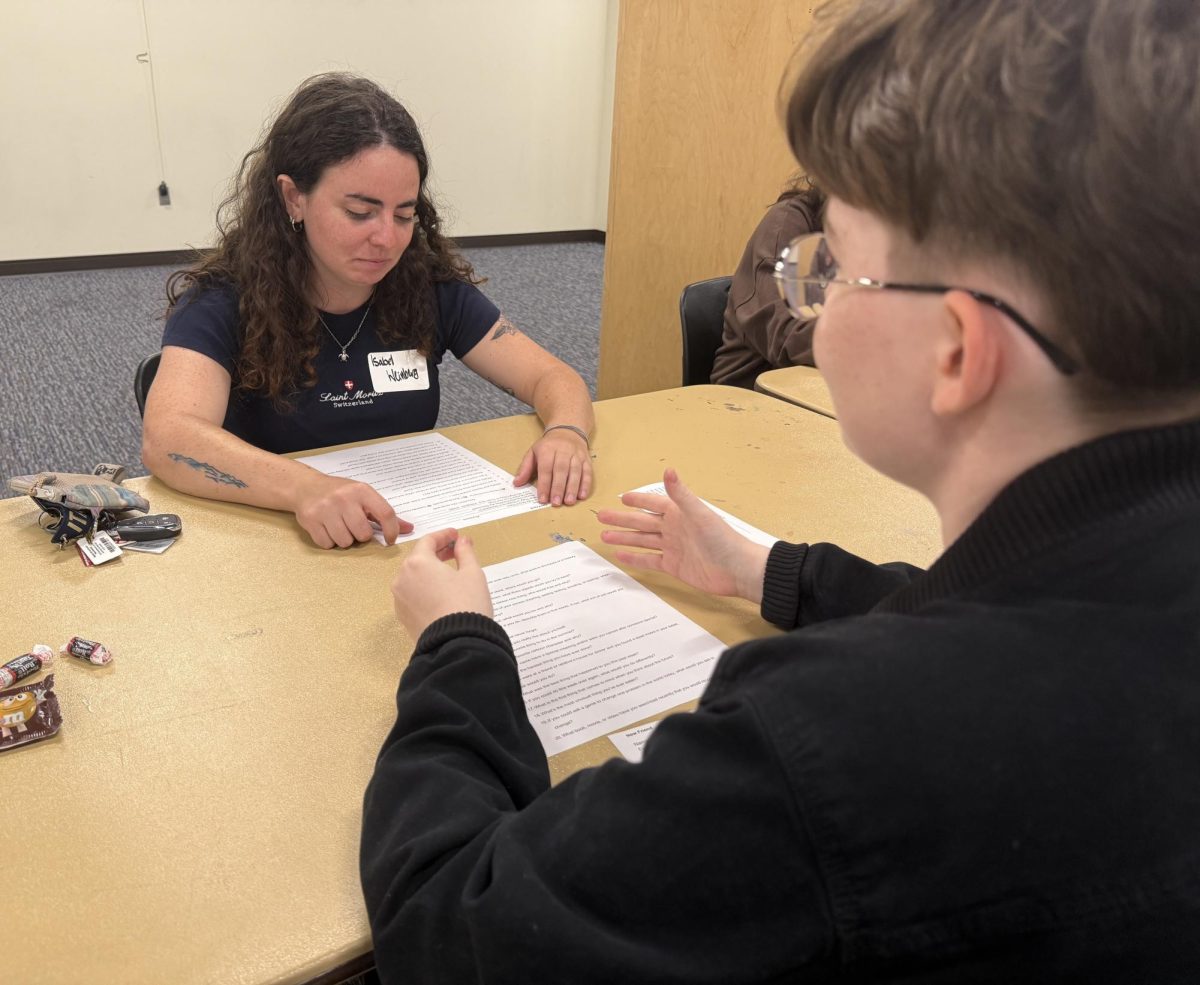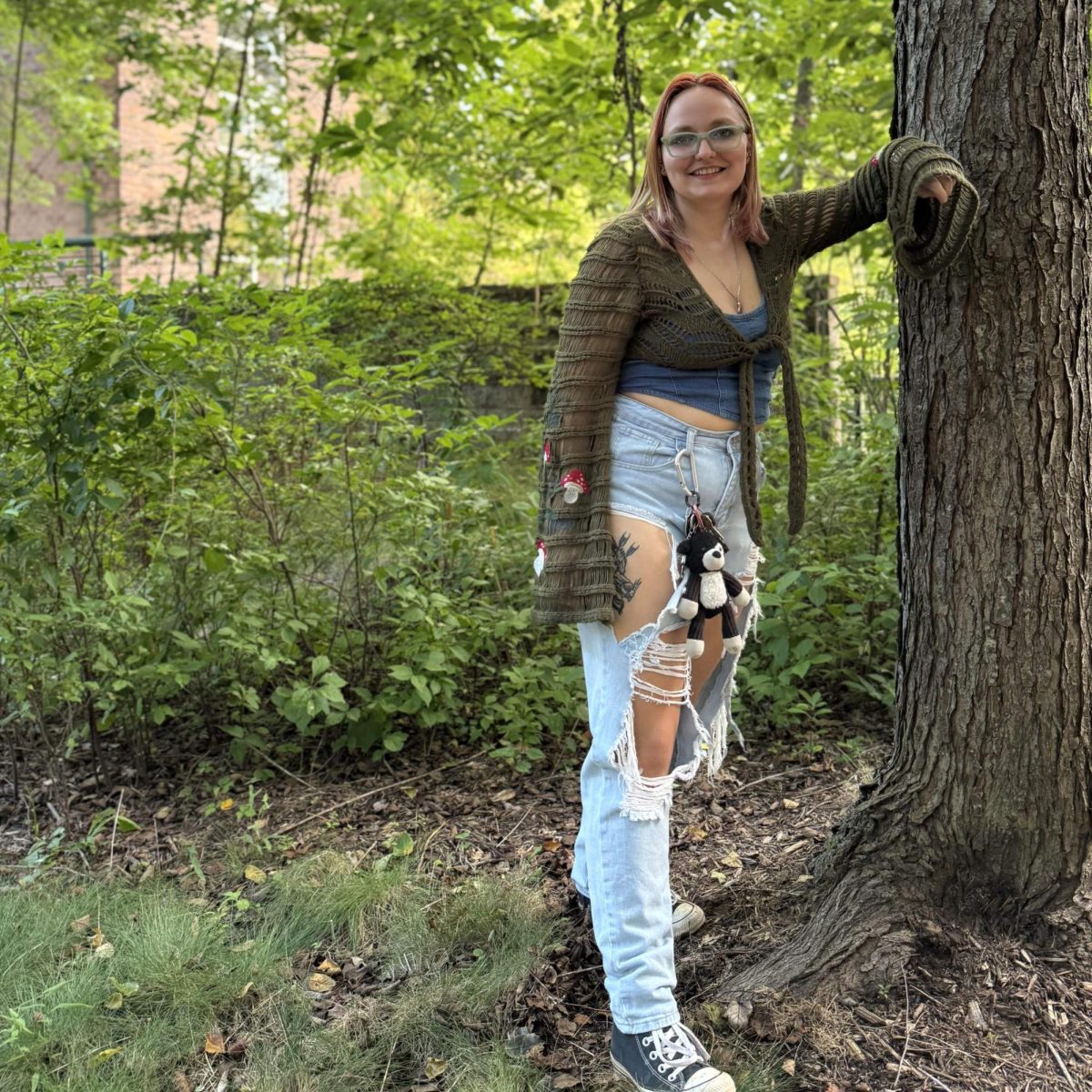Ezra Maille
Managing Editor
Amanda Wray grew up in a small town in rural Kentucky. Her mother worked as a secretary at a nursing home and her father was a long-haul truck driver with a seventh grade education level.
“He went to school in a one-room schoolhouse,” said Wray, an associate professor of English at UNC Asheville. “My dad was the most intelligent, educated person I knew.”
It wasn’t until she entered middle school that Wray learned a closely guarded secret: her father couldn’t read.
As Wray’s father grew older, in lieu of attending high school, he entered the workforce in order to buy himself a car.
“He started skipping school and going to a job because he wanted a car; he wanted nice clothes and things people around him had. They grew up very poor,” Wray said.
Erica Abrams Locklear, a professor of English at UNCA, said many rural students receive admonition from their families and communities to not exceed their status when it comes to education.
“This is true for a lot of non-mainstream, disenfranchised communities. It’s not just in Appalachia, it’s true for a lot of urban people too, especially with groups of color, that formal education can represent a kind of break from your family and your community,” Abrams Locklear said.
North Carolina houses 568,000 rural students, the second highest rural population in the U.S. after Texas, according to Public Schools First NC, a non-profit, non-partisan organization focused on issues surrounding public education. The organization also notes that out of North Carolina’s 100 counties, 80 are rural.
According to the same briefing, the state’s rural counties spend more than $1,000 less per student than other states. As a result, North Carolina’s rural areas rank in the lowest third in the nation when it comes to literacy and math skills.
Wray remembered an instance where she thought her father had a stroke. Healthcare workers have patients read something to tell if the stroke is in fact occurring, something her father was unable to do.
“He’s not going to know the answers to those questions,” Wray said. “Did you even ask if he’s literate? We have a large
higher education because of family.
While her parents refrained from verbalizing their conservative ideas, Wray remembered the unspoken messages always being there.
Abrams Locklear discussed specific courses taught at Appalachian schools to force students to conform to a less backwoods identity. These courses encouraged students to change their beliefs about their hometowns as well as lose their country accents.
“Those are all very valid reasons that somebody from the region would think about what it means to seek an education that teaches you that,” Abrams Locklear said.
College placed Wray in a very different environment full of very different people. If it weren’t for an excellent college adviser and lifelong friend from her hometown, she said she would’ve had a very difficult time.
“I didn’t know anything about college. I just assumed it would be like high school and high school was very easy for me. I did not study, everyone thought my writing was great, and then I came to college and found out I was a terrible writer,” Wray laughed.
In addition to experiencing a vastly different educational experience, Wray said it was hard on her family for her to move away. When she moved to Tucson to complete her Ph.D., her family saw her decision as very unfavorable.
“Nobody moved away,” Wray said. “People had gone places and travelled but everybody’s kids settled within an hour of the parents.”
Shoen said while a few local counties are in close proximity to higher educational institutions, many other counties are not so lucky. She said rural communities carry many stigmas but in reality have many inherent strengths.
“There’s strong family ties, strong community ties and people don’t need to leave in order to be happy, successful people,” Shoen said.


![Brooke Pedersen [second from the right] and Luis Reyes [right] hold banners during the Wrap The Woods event.](https://thebluebanner.net/wp-content/uploads/2025/09/ELIZABETH_PRITCHITT_IMG_3470-1200x804.jpg)




















